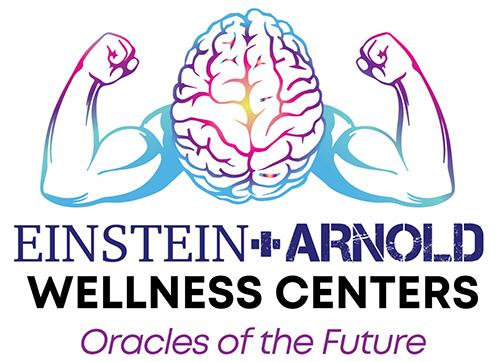Promotes Emotional Regulation
Mindfulness practices help individuals become more aware of their emotions without being overwhelmed by them. This increased emotional regulation allows trauma survivors to:
- Recognize and manage intense emotions
- Reduce emotional reactivity and impulsivity
- Develop healthier ways of coping with distressing feelings
Reduces Symptoms of PTSD
Mindfulness has been shown to reduce symptoms associated with post-traumatic stress disorder (PTSD), such as:
- Intrusive thoughts and flashbacks
- Hyperarousal and heightened anxiety
- Avoidance behaviors related to traumatic memories
Enhances Self-Awareness
Through mindfulness, individuals learn to observe their thoughts, feelings, and bodily sensations in a non-judgmental way. This self-awareness helps trauma survivors to:
- Identify triggers and understand their impact
- Distinguish between past trauma responses and present moment experiences
- Develop a clearer sense of self and personal boundaries
Improves Resilience
Mindfulness builds resilience by fostering a sense of inner strength and adaptability. Trauma survivors can benefit from:
- Increased ability to handle stress and adversity
- Greater capacity to recover from setbacks
- Enhanced overall mental and emotional resilience
Supports Grounding and Presence
Trauma can often leave individuals feeling disconnected from the present moment. Mindfulness practices help individuals ground themselves in the here and now by:
- Focusing on breath and bodily sensations
- Using techniques like body scan and mindful movement to stay connected to the present
- Reducing dissociation and feelings of detachment
Fosters Acceptance and Compassion
Mindfulness encourages a compassionate and non-judgmental attitude towards oneself. This is particularly beneficial for trauma survivors who may struggle with:
- Self-blame and guilt related to their trauma
- Negative self-talk and harsh self-criticism
- Developing self-compassion and acceptance of their experiences
Helps Process Traumatic Memories
Mindfulness allows individuals to approach their traumatic memories with greater calm and clarity, which can facilitate healing by:
- Reducing the intensity of traumatic memories
- Allowing for the gradual integration and processing of trauma
- Helping individuals make sense of their experiences and find meaning
Reduces Physical Symptoms of Trauma
Trauma often manifests physically in the form of chronic pain, tension, and other somatic symptoms. Mindfulness can help by:
- Reducing physical tension and promoting relaxation
- Enhancing awareness of bodily sensations and improving body-mind connection
- Decreasing the physical symptoms associated with trauma, such as headaches and muscle pain
Provides a Sense of Control
Mindfulness practices empower trauma survivors by giving them tools to manage their own well-being. This sense of control can help:
- Reduce feelings of helplessness and powerlessness
- Enhance confidence in managing trauma symptoms
- Foster a sense of agency and autonomy
Enhances Interpersonal Relationships
Trauma can impact an individual’s ability to connect with others. Mindfulness helps by:
- Improving communication skills and empathy
- Reducing social anxiety and enhancing comfort in social situations
- Strengthening relationships through better emotional regulation and presence
Mindfulness offers a holistic approach to trauma recovery by promoting emotional regulation, reducing PTSD symptoms, enhancing self-awareness, and fostering resilience. Through consistent practice, trauma survivors can develop a greater sense of control, improve their physical and mental well-being, and build healthier relationships. This compassionate and present-focused approach helps individuals heal and integrate their traumatic experiences, ultimately leading to a more balanced and fulfilling life.

